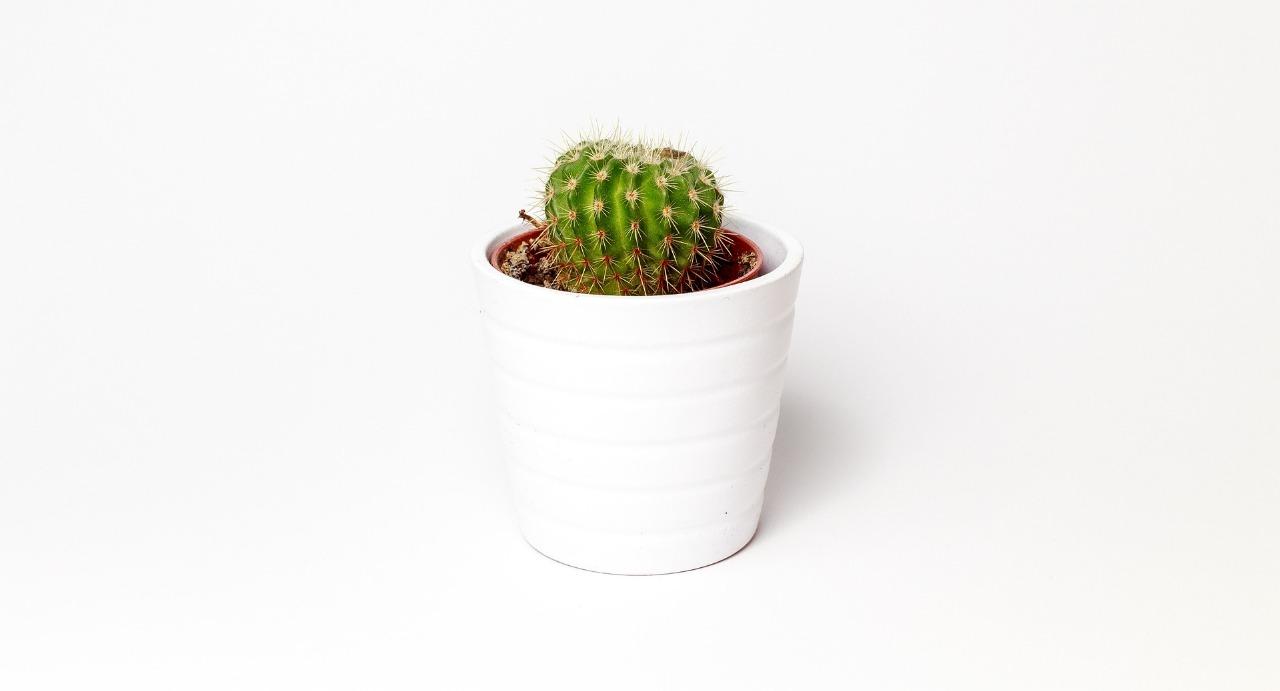Lobivia schieliana“🌵 The Vibrant Blooming Cactus
Lobivia schieliana is a small, globular cactus species native to the high-altitude regions of Bolivia in South America. This cactus belongs to the Lobivia genus, known for its prolific and showy flowers that often contrast beautifully against its compact, spiny body.
Due to its dwarf size, colorful summer blooms, and hardy nature, Lobivia schieliana is an excellent choice for indoor cactus displays, container gardening, and rockeries. It brings a splash of color to collections with minimal care and space requirements.
🌿 Botanical Overview
Scientific Name: Lobivia schieliana
Synonym: Echinopsis schieliana (reclassified by some botanists under the Echinopsis genus)
Family: Cactaceae
Origin: Bolivia (high-altitude Andes regions)
Type: Small, perennial cactus
Size:
Height: 5–10 cm (2–4 inches)
Diameter: 5–8 cm (2–3 inches)
Body: Green, globular to short cylindrical with pronounced ribs
Spines: Short, stiff, usually pale yellow to brown
Flowers: Funnel-shaped, bright orange, red, or magenta with a yellow center
Blooming Season: Late spring to summer, often blooming multiple times a year
☀️ Sunlight and Temperature Requirements
Sunlight:
Thrives in full sun to partial shade
Needs 4–6 hours of bright sunlight daily to bloom well
For indoor plants, a south or west-facing window is ideal
Temperature:
Optimal range: 18°C to 28°C (64°F to 82°F)
Tolerates temperatures down to –5°C (23°F) if kept dry
Suitable for USDA Zones 9–11
☀️ In extremely hot climates, provide light afternoon shade to prevent sun scorch.
💧 Watering Routine
Growing Season (Spring to Early Fall):
Water thoroughly when soil is completely dry
Typically water every 10–14 days, less frequently in cooler weather
Winter Dormancy:
Water very sparingly — once a month or not at all
Keep soil mostly dry to prevent root rot during cold periods
💧 Always use the soak-and-dry method, ensuring no water stands in the pot or tray.
🌱 Soil Requirements
Soil Type:
Requires well-draining, gritty soil
Ideal mix:
50% cactus/succulent mix
25% coarse sand
25% perlite or pumice
pH: Neutral to slightly acidic (6.0–7.0)
This prevents compaction and moisture retention, which is harmful to cacti.
🌾 Fertilizer Schedule
Active Growth (Spring to Late Summer):
Feed every 4–6 weeks with a low-nitrogen cactus fertilizer (5-10-10 or similar)
Alternatively, use a diluted balanced liquid fertilizer at half strength
Winter:
Avoid fertilization during dormancy
🧪 Overfeeding can cause weak, elongated growth — keep doses light.
✂️ Pruning and Maintenance
Pruning:
Not typically needed
Remove spent flowers or dried plant material
General Care:
Clean dust off with a soft brush
Rotate pots occasionally for even light exposure
🌿 Propagation Methods
By Offsets:
Lobivia schieliana readily produces pups or offsets at its base
Gently twist or cut the offsets, let them callous for a few days, and plant in dry, well-drained soil
By Seeds:
Sow seeds in a warm, humid environment with indirect light
Germination takes 2–4 weeks
🌱 Propagation by offsets is easier and faster for home growers.
🐛 Pests and Problems
Common Pests:
Mealybugs
Spider mites
Scale insects
Common Diseases:
Root rot due to overwatering
Fungal infections in poorly ventilated spaces
🛡️ Treat pests with neem oil or insecticidal soap. Ensure good airflow and avoid high humidity.
🌵 Landscape and Decorative Uses
Perfect For:
Small pots and windowsills
Cactus and succulent gardens
Rock gardens
Miniature or dish gardens
Companion Plants:
Mix with Mammillaria, Rebutia, or Echinopsis species for diverse textures and flower colors.
📸 Their bright, fiery blooms and compact form make them photogenic and ideal for small-space gardening.
✅ Conclusion
Lobivia schieliana is a charming, low-maintenance cactus perfect for beginners and collectors alike. Its compact form, prolific flowering, and resilience to neglect make it an excellent choice for any succulent arrangement, rock garden, or sunny windowsill.
With simple care—ample sunlight, minimal water, and well-drained soil—this cactus can reward you with bright, captivating blooms year after year.
“





Reviews
There are no reviews yet.